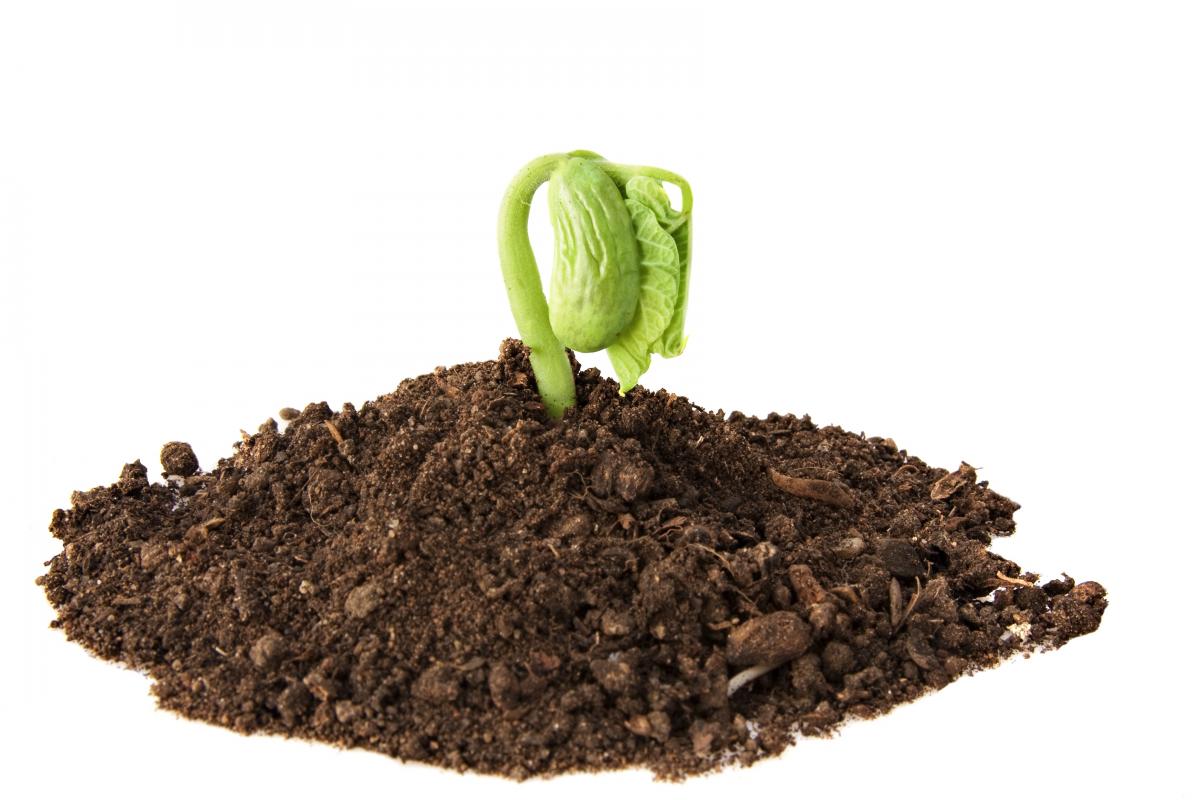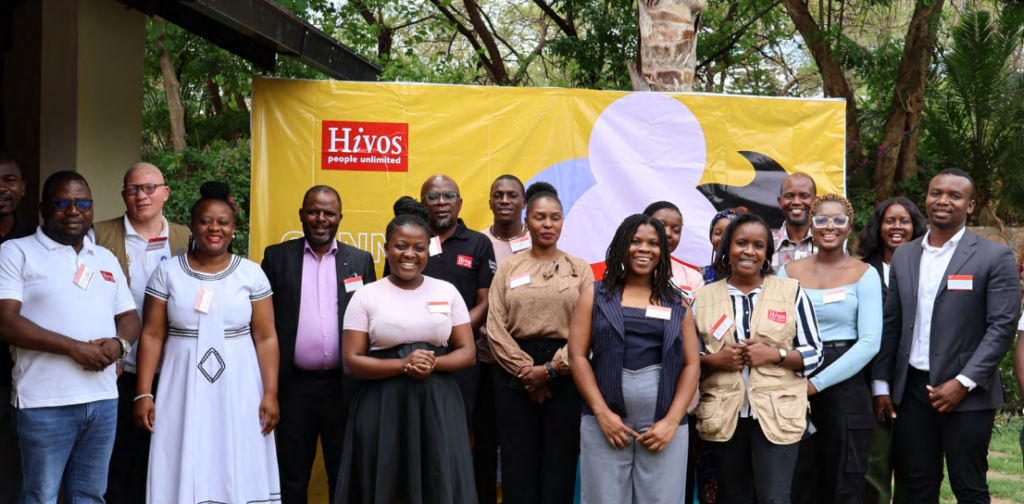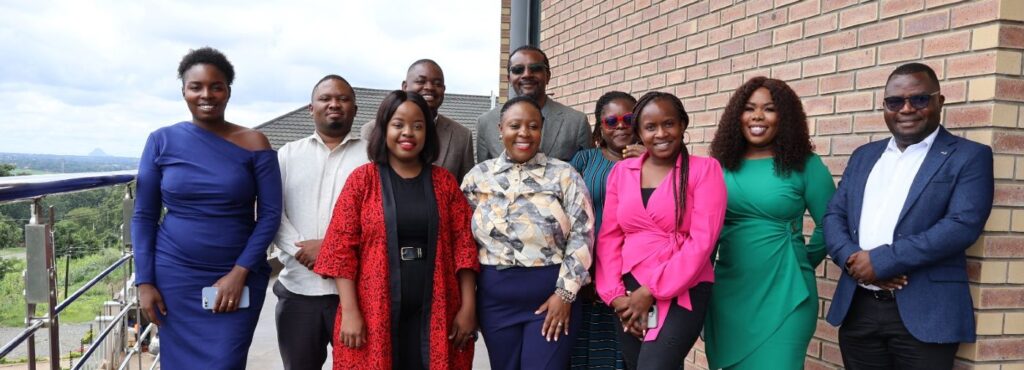Hivos in collaboration with Welthungerhilfe, Hivos Impact Investments and SEED are holding a three day bootcamp to get more social entrepreneurs involved in delivering high quality open source seed products to small holder farmers. The three day Disrupt!SEEDS! event from 28 February to 2 March 2018 at the Gallery Delta in Harare is a business incubation workshop for social seed entrepreneurs from Malawi, Zambia and Zimbabwe. Entrepreneurs will be supported by mentors and experts to bring innovative business ideas to the next level. At the end of two days training, participants will pitch their ideas in front of an expert jury and live audience.
With a high percentage of fake seeds in the market, social entrepreneurs are expected to win back trust of farmers and deliver a good product. With thriving open source seed systems, Hivos and its partners expect more people to have better access to preferred seeds. Social entrepreneurs can contribute to make this happen. Hivos seeks market-based solutions for open source seed systems in Africa.
“Hivos has long promoted agricultural biodiversity as a fundamental strategy for food security and climate change mitigation, as well for generating an income. Community seed banks, participatory plant breeding and selection, and enhanced farmers’ seed production are some of the innovations being supported at multiple scales to maintain active use and regeneration of genetic diversity on farms and on our plates,” said Tanja Lubbrs, Hivos Regional Director for Southern Africa.
“We are honoured to have collaborated with Open Society Foundations and Welthungerhilfe in hosting this year’s Disrupt!Seeds!, which aims to support social seed entrepreneurs involved in spearheading the importance of diverse seeds for smallholder farmers,” added Tanja Lubbers.
“If we want to diversify our food, have more choice and a healthier diet we need to ensure that breeders and farmers have access to good seeds that enable them to develop and grow a wide variety of crops. Yet, the current trend is taking us in the opposite direction. Seed diversity continues to decrease. National seed laws limit the selling of seeds to registered seeds which are not necessarily seeds that are preferred by smallholders,” said Willy Douma, Hivos’ Green Society Programme Officer.
“Business models of the largest seed companies are based on intellectual property rights (patents, plant variety protection). Thus, the big players in the seed business are eradicating seed saving and sharing practices, diminishing the gene pool and thus leading us away from food security and diminishing our ability to cope with effects of climate change, diseases, and other abiotic stresses,” added Willy Douma.
Social entrepreneurs need to position themselves in times of rapid changes in the seed sector. With monopolization it becomes even more difficult to operate in the market. Distinguishing oneself from the mainstream development may prove to be a good future option. Seeds that are free and of good quality, will remain free to save, use and exchange could become important future assets.
Through the Open Source Seed Systems (OSSS) programme, Hivos aims to reverse this current trend of mono-cropping by promoting the freedom to use seeds and stimulate breeding, diversification and resilience. We support concrete initiatives, learn what works and use the results in our lobbying and advocacy for change.
Follow us on Twitter: @hivosrosa and #DisruptSEED18 and on Facebook: facebook.com/hivossouthernafrica




